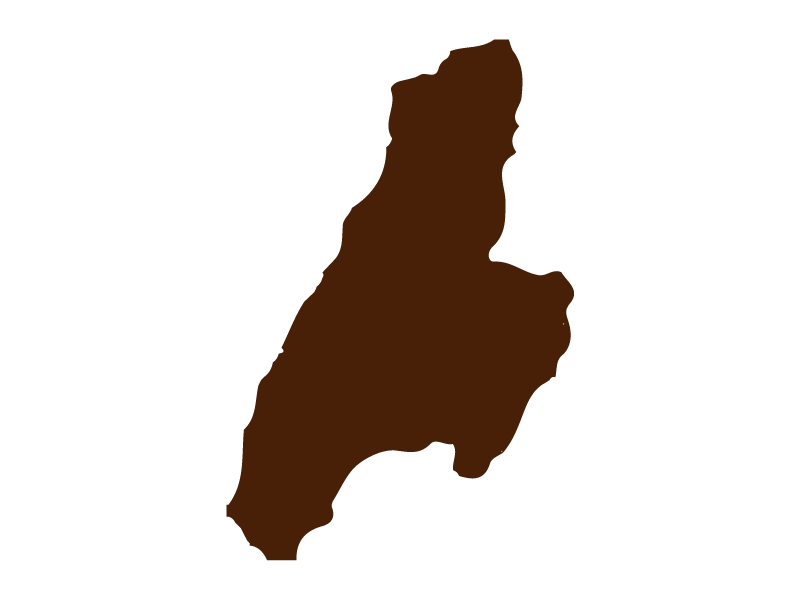Palo Rosa Sugar Cane Decaf Process
Price: US$ 6.50
Lote: 3-2544-00014
Place: Portland(Portland)
Inventory: 54 bags of 70kg
Price: US$ 6.20
Lote: 01-2026- DEL ORIGEN
Place: (DEL ORIGEN)
Inventory: 3 bags of 25kg
Price: US$ 6.50
Lote: 3-2544-00009
Place: Portland(Portland)
Inventory: 37 bags of 70kg
Price: US$ 6.90
Lote: 3-2544-00079
Place: Highlands Ranch(Denver Colorado)
Inventory: 2 bags of 70kg
Price: US$ 3.95
Lote: RESERVAS
Place: Seattle(CO-Washington)
Inventory: 999890 bags of 70kg
Price: US$ 1.00
Lote: 3-2544-00045
Place: Portland(Portland)
Inventory: 48 bags of 70kg
Price: US$ 5.90
Lote: RESERVAS
Place: Portland(Portland)
Inventory: 9770 bags of 70kg
Price: US$ 5.90
Lote: 3-2544-00025
Place: Portland(Portland)
Inventory: 3 bags of 70kg
Price: US$ 4.50
Lote: 3-2544-RESERVAS
Place: Alameda(Continental Terminals Annex, INC.)
Inventory: 99874 bags of 70kg
PALO ROSA SUGAR CANE DECAF
Our Palo Rosa Sugarcane Decaf is EA process hails from Planadas Tolima. WHY OUR DECAFFEINATED COFFEE IS DIFFERENT? ☛ Water is natural: It takes from spring water located near the plant, passes through a sand trap, settles only, and no other treatment is used for the process and steam boiler. We can say that this water has been tested extensively and is of excellent quality, suitable for use in processes of coffee (a coffee plant cannot use piped water standard because they use chemicals to make it safe and can alter organoleptically the coffee). ☛ Our natural solvent is produced from sugar cane, obtained by controlled fermentation of sugarcane molasses, and refined to the highest degree of purity that we require in the process (99.9% purity). The process can be described as follows: 1. It takes green coffee beans and is subjected to initial cleaning to remove dust, husks, and foreign matter (stones, metal parts, etc.). 2. The coffee already clean is subjected to pretreatment, which consists of two stages: first, the coffee is subjected to a steaming softens the cuticle pearl of green coffee, which is absorbed by a fan, because it is very light; and then comes the second stage, which involves the addition of hot water (85 °C) to soften and swell the coffee. 3. The moist coffee is subjected to the extraction of caffeine, a stage that is performed with the addition of the solvent and recycling the same for a period of eleven hours previously scheduled. At the end of this period, the solvent is removed from the extractor to distillers, to separate the caffeine purify and reuse it again. 4. Coffee in the previous stage remains free of caffeine and to remove the natural solvent, is subjected to controlled stripping steam for a period of three hours. At the end of this time the coffee remains without caffeine and residual solvent. 5. The coffee is then subjected to a drying process using indirect heating with steam through serpentines. After six hours of drying, the coffee has the proper humidity (11.5%). 6. The bean is sent back to the warehouse, to pack it in bags of 70 kilos, thus being ready for release.
Tolima
Tolima Department is located in the center-west of Colombia, its capital is Ibague. Tolima is the third largest coffee producer in the country; It represents 12% of the national coffee production. The coffee from Tolima it is characterized by its pronounced aroma, very good acidity, sweet notes and fruity. The characteristics of the Tolima coffee are related to its topography and geographical conditions where it is produced, where for its quality it has won several international special coffee contests.
